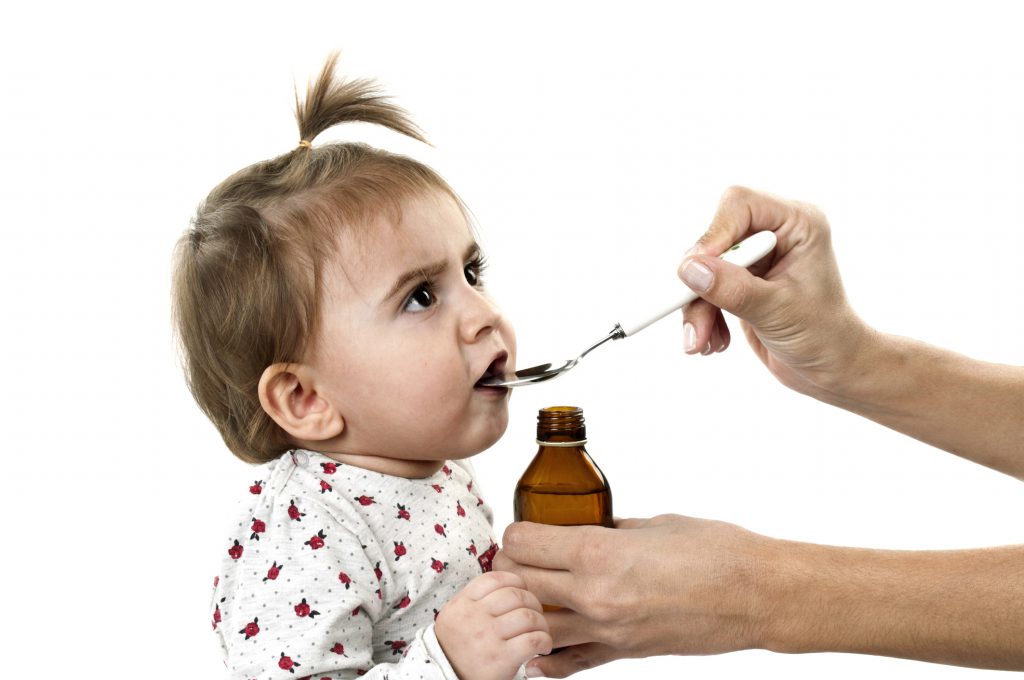
Now that it’s winter we have seen our share of runny noses, ear infections, nagging coughs and missed school days. Trips to the health food store present a dizzying array of cold and flu fighting options. Vitamin C, Echinacea, and zinc are the commonly sold items. The question we all want answered is whether they work. I did a bit of homework to assess what evidence based natural remedies have been shown to work in kids and adults for fighting off cold symptoms or reducing the length of time that a cold sticks around.
Here’s the scoop.
Echinacea– echinacea is a commonly sold herb in the United States and Europe. There are three forms- purpurea, angustifolia and pallida that are commonly used. Echinacea has been touted as useful in treating and preventing colds. Is this in fact the case? There have been a number of randomized control trials comparing the duration and severity of colds in children who received placebo vs. echinacea. Ultimately, echinacea has not been shown to be effective in reducing the severity or the duration of a cold. Furthermore, echinacea has been associated with allergic reactions and rashes in some patients. For more evidence you can read the reference I posted below.
Bottom line – echinacea has not been shown to help with colds in kids or adults.
Vitamin C– how many times have we heard that we should drink our orange juice when we are getting a cold? Orange juice tastes great but does all that vitamin C really help prevent or heal a cold? What’s the evidence? A Cochrane review evaluating the effect of vitamin C on approximately 11,000 subject found the following. Vitamin C does not improve time to recovery from a cold once your sick; however, a 13 percent decrease in symptoms was seen if vitamin C was given before getting sick reducing the duration of illness by 1-2 days. So for adults, the recommended dose is 1g daily. Unfortunately, there do not seem to be clear dosing recommendations for children.
Bottom line – vitamin C may reduce the duration of illness if taken preventatively but does not seem to help once you already have a cold. Dosing recommendations are not clearly defined in children.
Zinc– Among the many recommended remedies we have also been hearing about zinc. Does zinc help prevent or treat colds in children? Data pooled in a recent Cochrane review suggest that zinc may be helpful in reducing cold symptoms and duration in children when taken within the first 24 hours of symptoms. Unpleasant side effects are described more often with zinc lozenges and include a bad after taste, and some nausea, bad taste associated with lozenges is not observed with zinc sulfate syrup or tablets. Because of the large variety of studies on zinc and the common cold it is difficult to make a definitive recommendation for pediatric dosing. According to the Cochrane Review in 2011 by Singh, zinc can be given to children ages 1 to 10 years at a dose of 10mg per day once daily. As with vitamin C, we need better pediatric studies to make real recommendations for dosing in kids, but the literature does seem to support the suggestion that zinc may help reduce the length of time your child has a cold and how many colds they get.
Bottom line – zinc sulfate seems to show a positive effect on reducing cold symptom and severity in kids. Dosing recommendations are not clearly defined in children. Zinc should not be taken as a lozenge or nasal spray. If it is taken as a nasal spray it can cause loss of smell.
“Efficacy and Safety of Echinacea inTreating Upper Respiratory Tract Infections in Children – A Randomized Control Trial” Taylor JA. et al. JAMA vol. 290 No.21;2824-2830. “Vitamin C for preventing and treating the common cold.” Douglas RM et al. Cochrane Database Syst Rev 2009 Issue 1. Singh, M. and Das, RD. “Zinc for the Common Cold” Cochrane Database Syst Rev 2011. Issue 2.
Looking for something specific? Write to Dr. Audrey Paul and let her know what topic you're interested in learning more about.
Get in touchLooking for something specific? Write to Dr. Audrey Paul and let her know what topic you're interested in learning more about.

